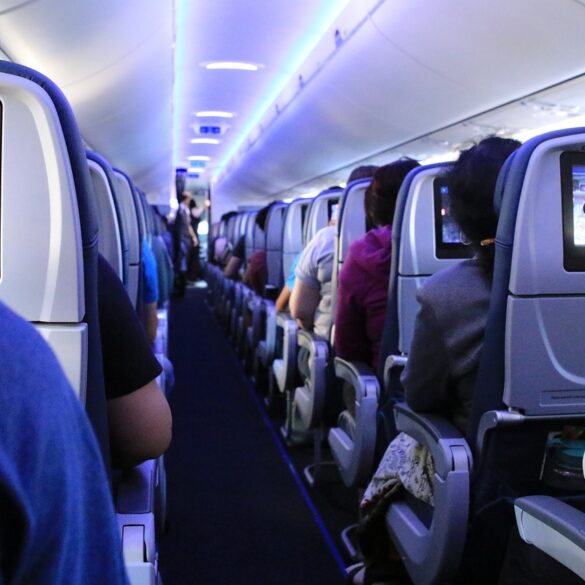Earlier in the year, the European Union made an announcement saying that visitors from Britain to any country in Europe would be able to use an online Eurovisa to travel.
However, the Electronic Travel Information and Authorisation System (Etias) has now revealed that it is running behind schedule and will not be able to make the visa available until 2025 at the earliest.
As per the system, citizens of the UK and various other countries would only have to register ahead when traveling to the EU.
But a new timeline has now been released for the Eurovisa by the relevant authorities.
Timelines
The Justice and Home Affairs Council of the European Council has scheduled a meeting for Brussels, in which it will discuss detailed timelines for the rollout of the exit and entry system.
This will be an EU database system that will swiftly replace the manual passport stamping system at the gates with an electronic method of registration.
The council released a system regarding the system, saying that it will be a new roadmap to deliver innovative IT architecture.
Consequently, it revealed that the exit and entry electronic system would be ready to enter operation in the autumn of next year.
As per the previous timelines, the system was to be put into effect in the year 2021 but was delayed largely due to the pandemic.
The system
Once the new exit and entry system is implemented, it will require travelers from Britain to input their facial biometrics and fingerprints in their national database.
With the procedure, the government aims to cut down on process times and streamline the experience.
However, the government of Slovenia does not agree and has said that it can sometimes take up to four times longer to check people in using this new process.
The authorities are still unsure about how they will obtain the necessary biometrics at various EU frontiers located in the UK, such as LeShuttle Channel Tunnel terminal at Folkestone and the Port of Dover.
As per an announcement made, it was further revealed that Etias would be covering the entire Schengen Area.
Consequently, this would include all nations that are a part of the European Union, as well as Iceland, Switzerland, Liechtenstein, and Norway.
However, some countries were not on the list, such as Cyprus, Romania, Ireland, and Bulgaria.
More details
Moreover, the new visa system will apply to the nationals of a number of countries, where a complete Schengen Area visa is not mandatory.
These locations will include the United Kingdom, Tonga, as well as Venezuela.
As of now, the decided fee for a permit has been set to £6, which will be valid for a time period of up to three years.
Additionally, Etias will not be required for British citizens who are traveling to Ireland, as per the Common Travel Agreement.
This agreement predates the European Union rules, which allows unlimited free movement between the two countries.



